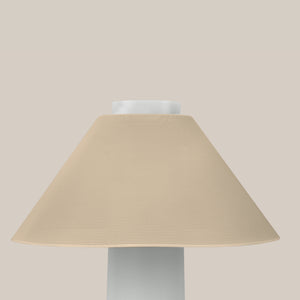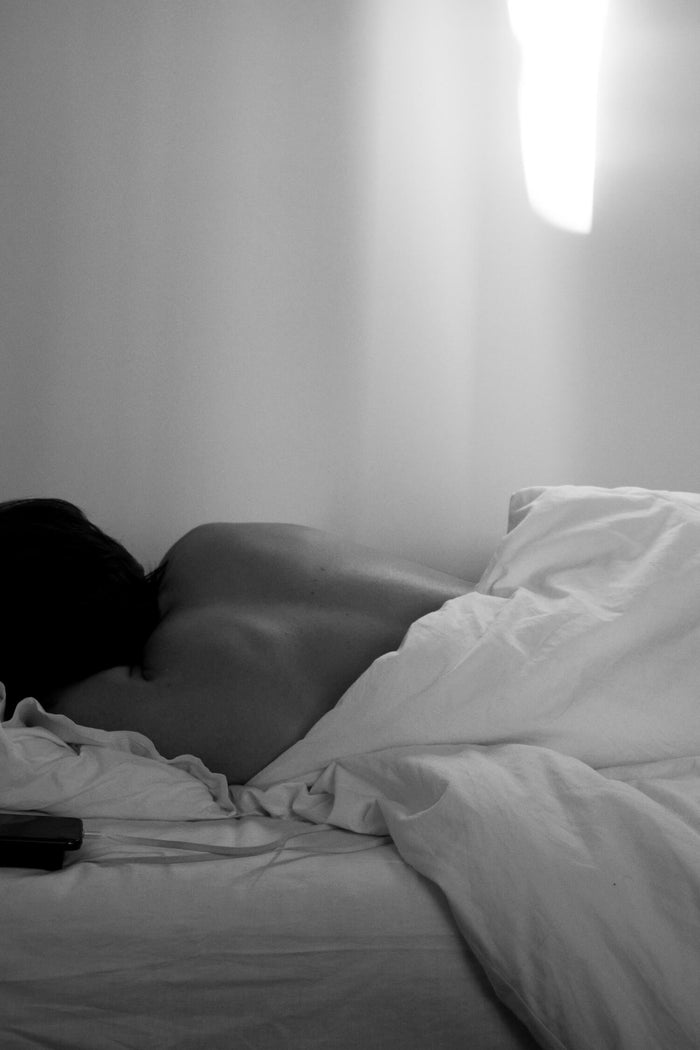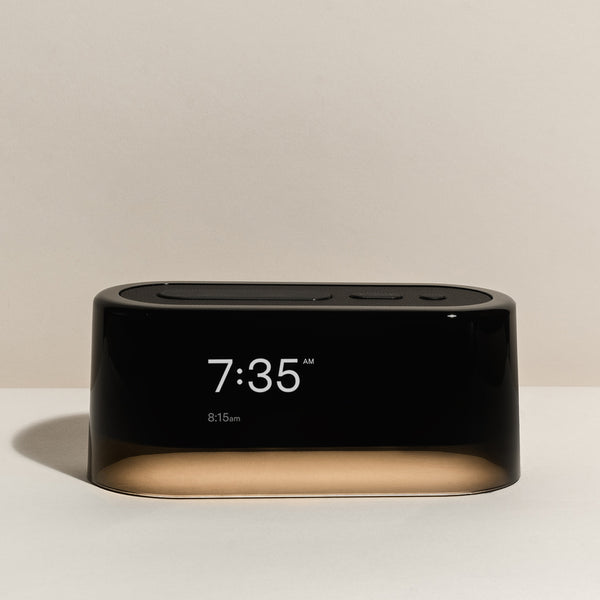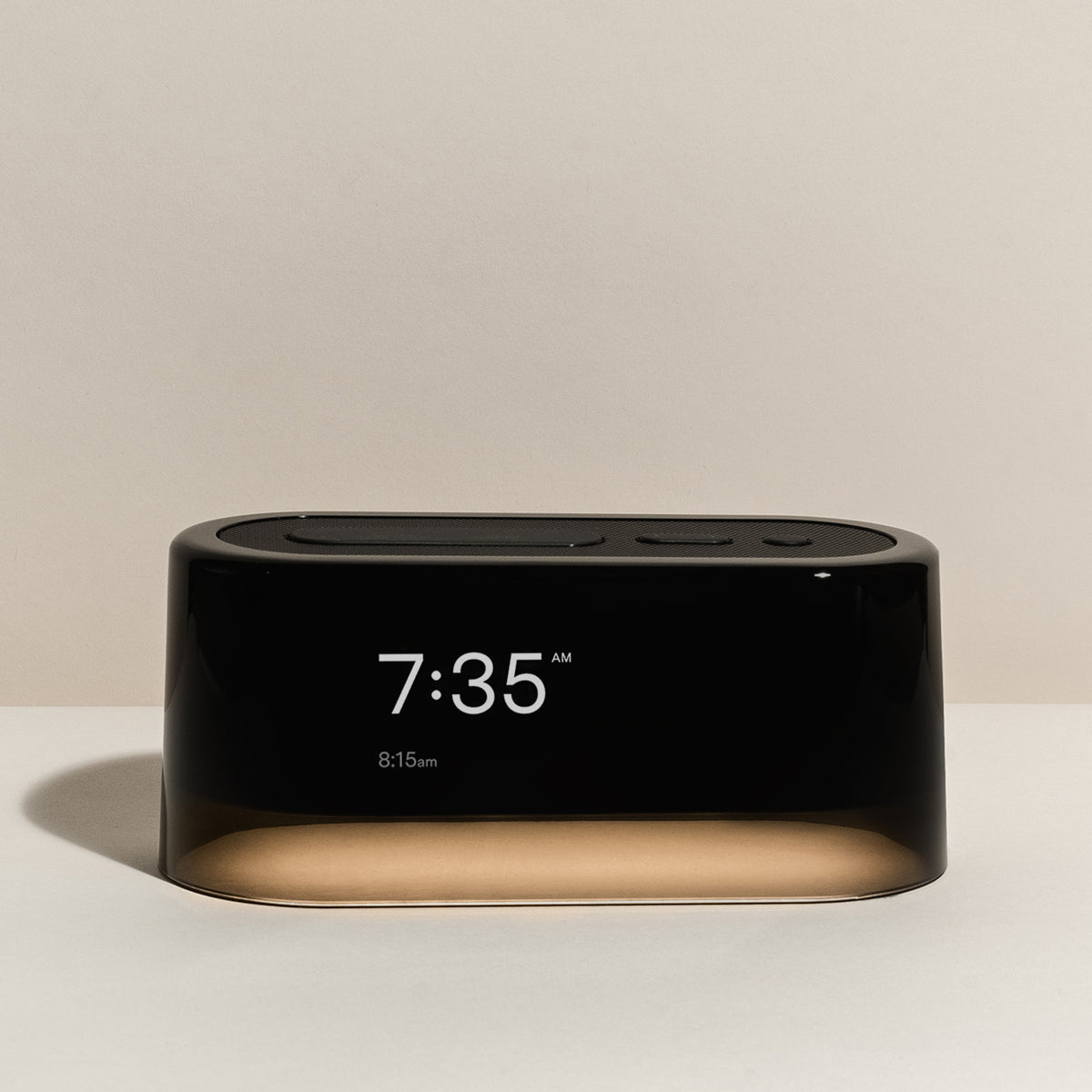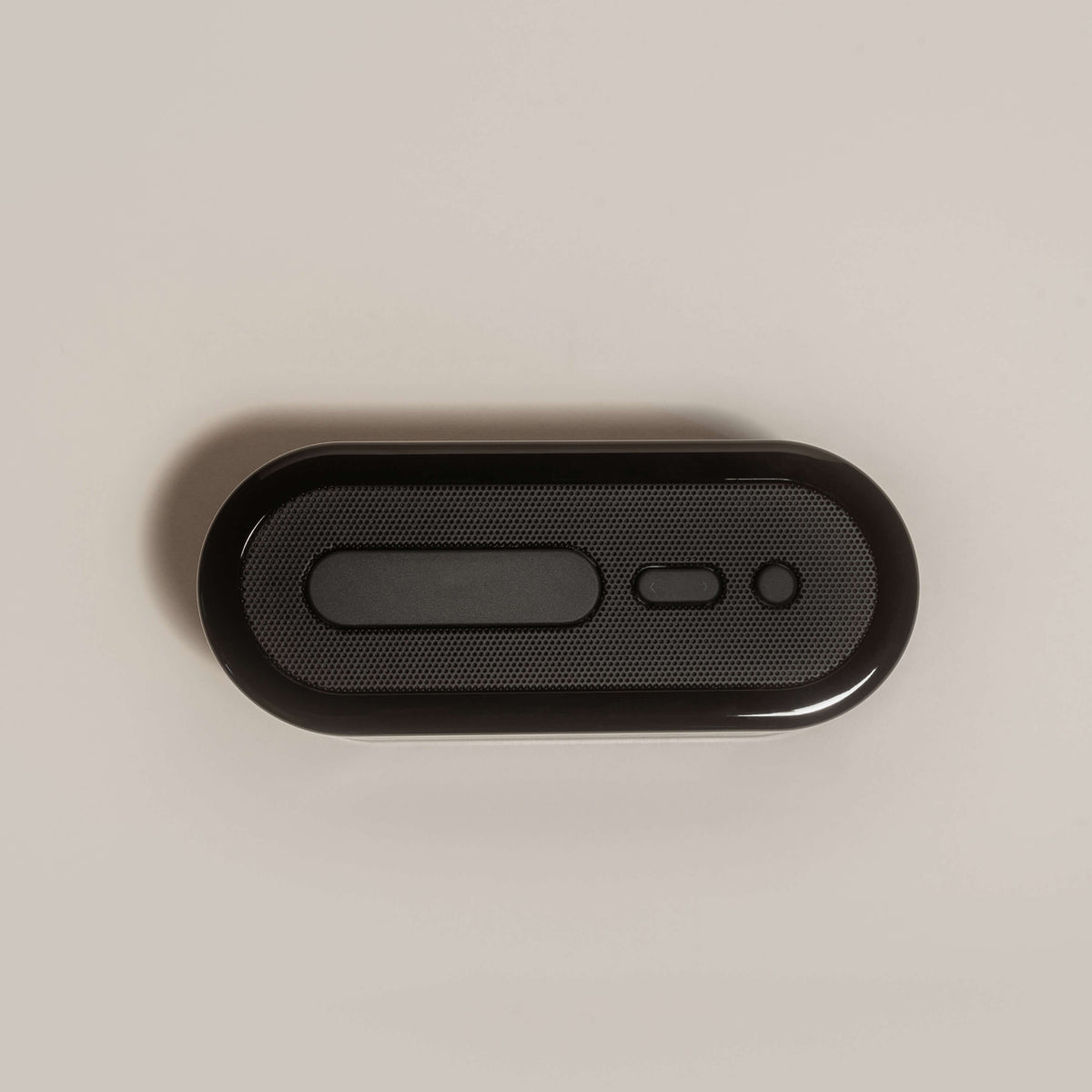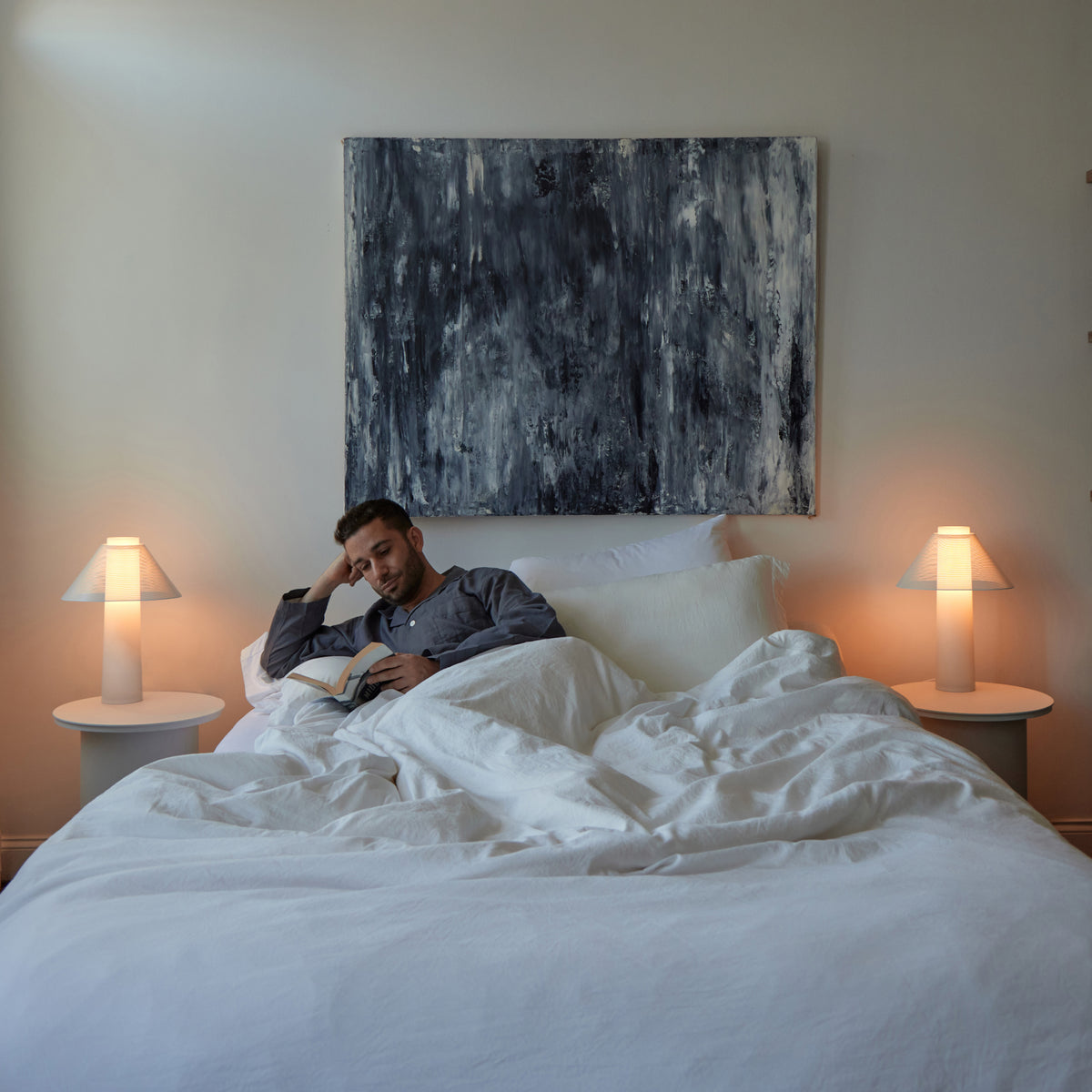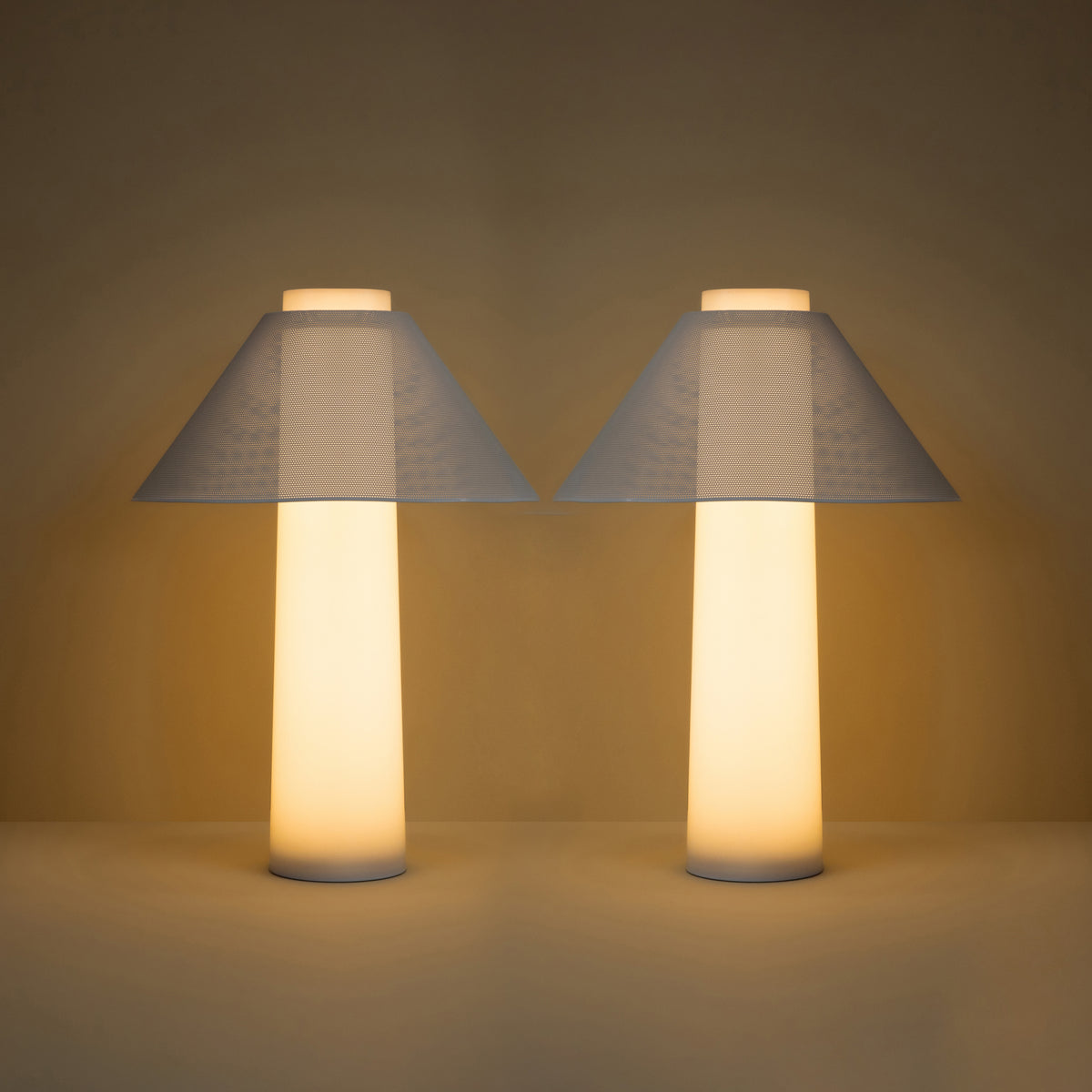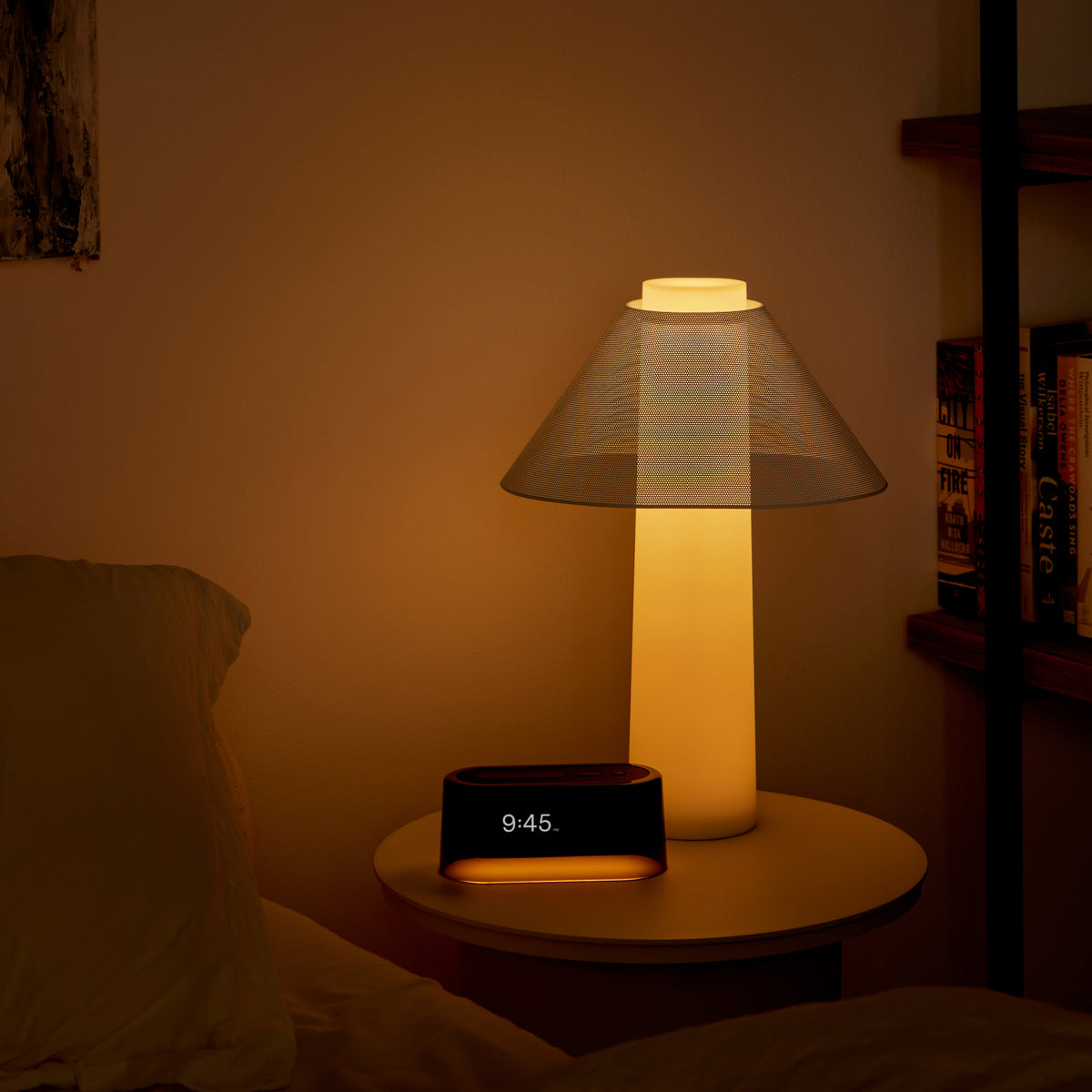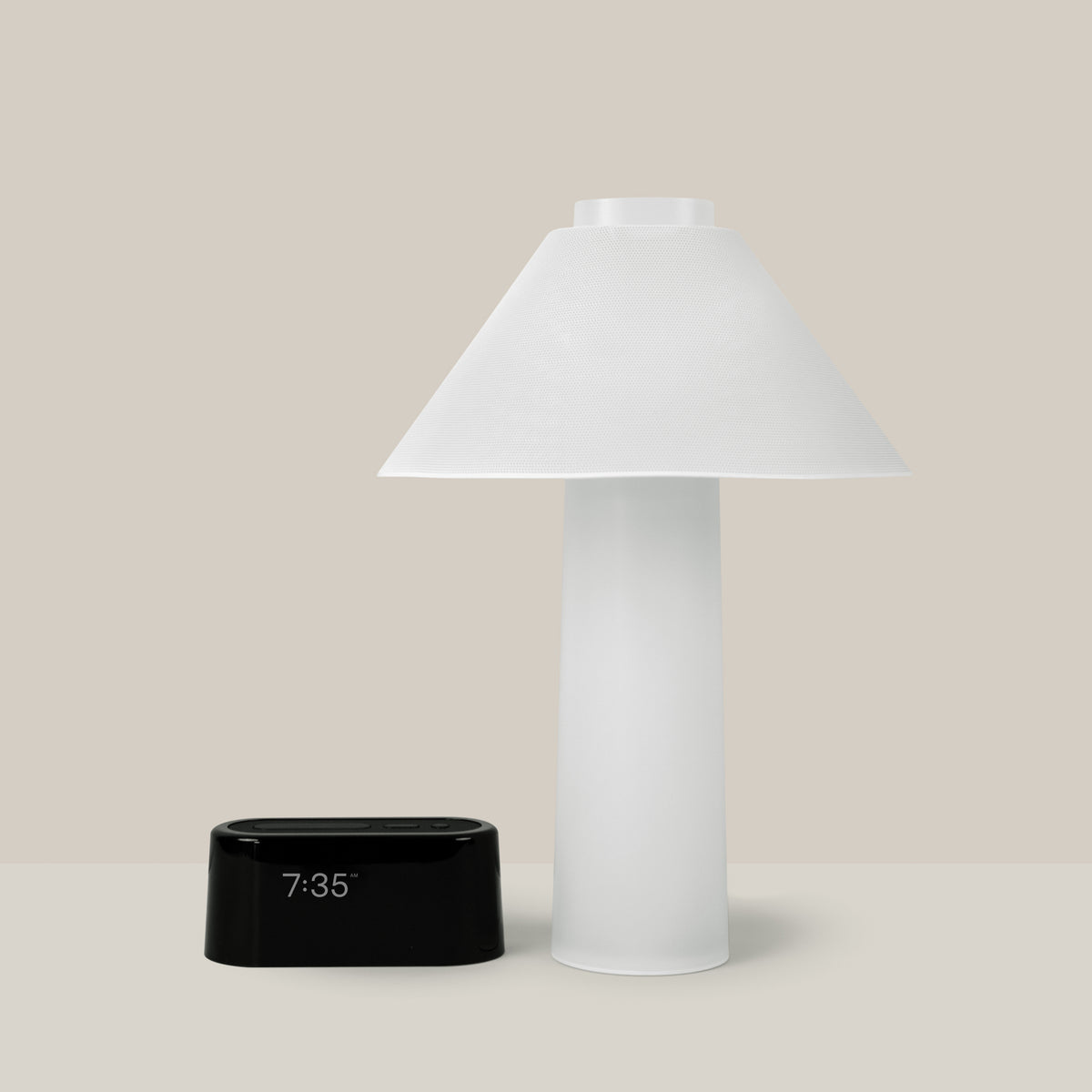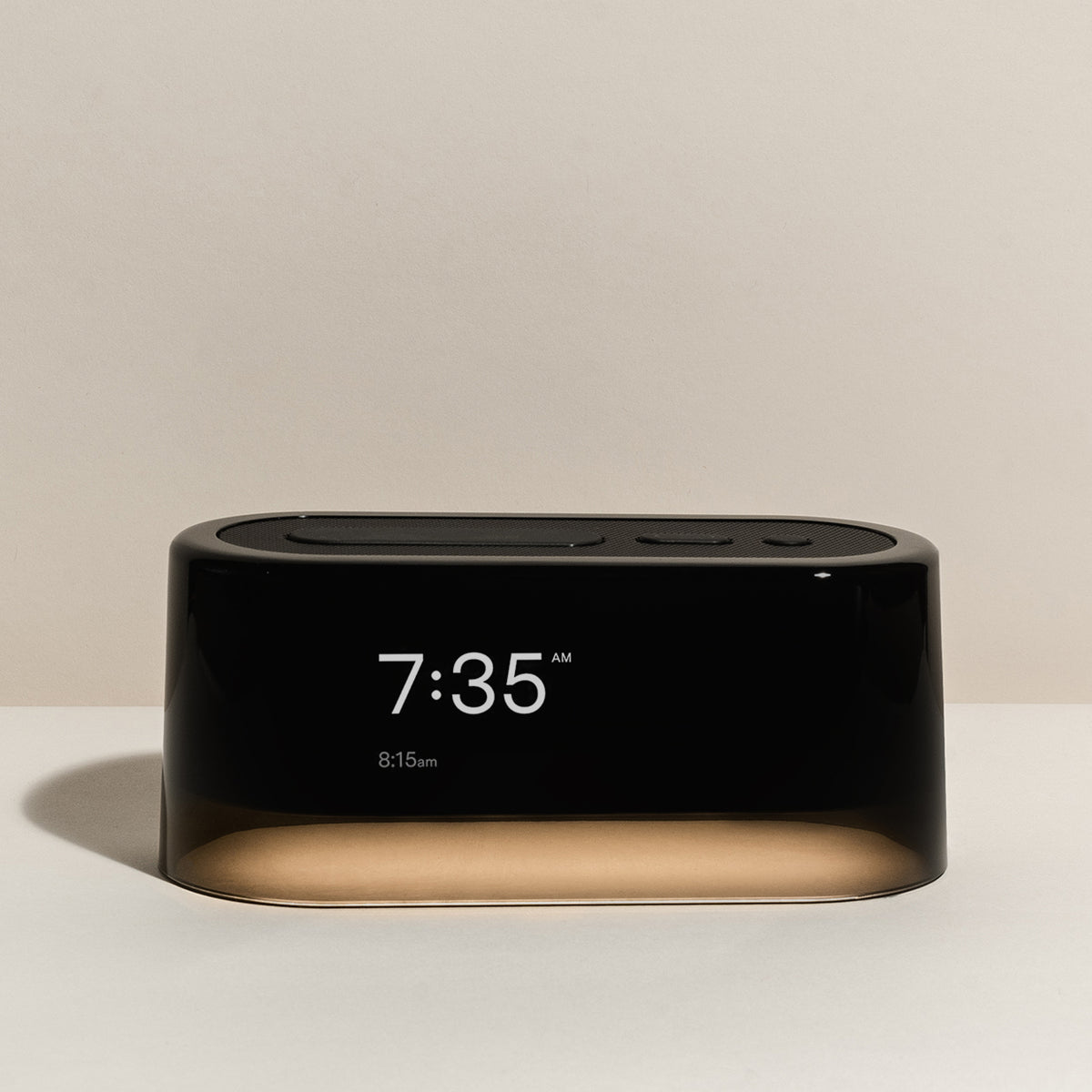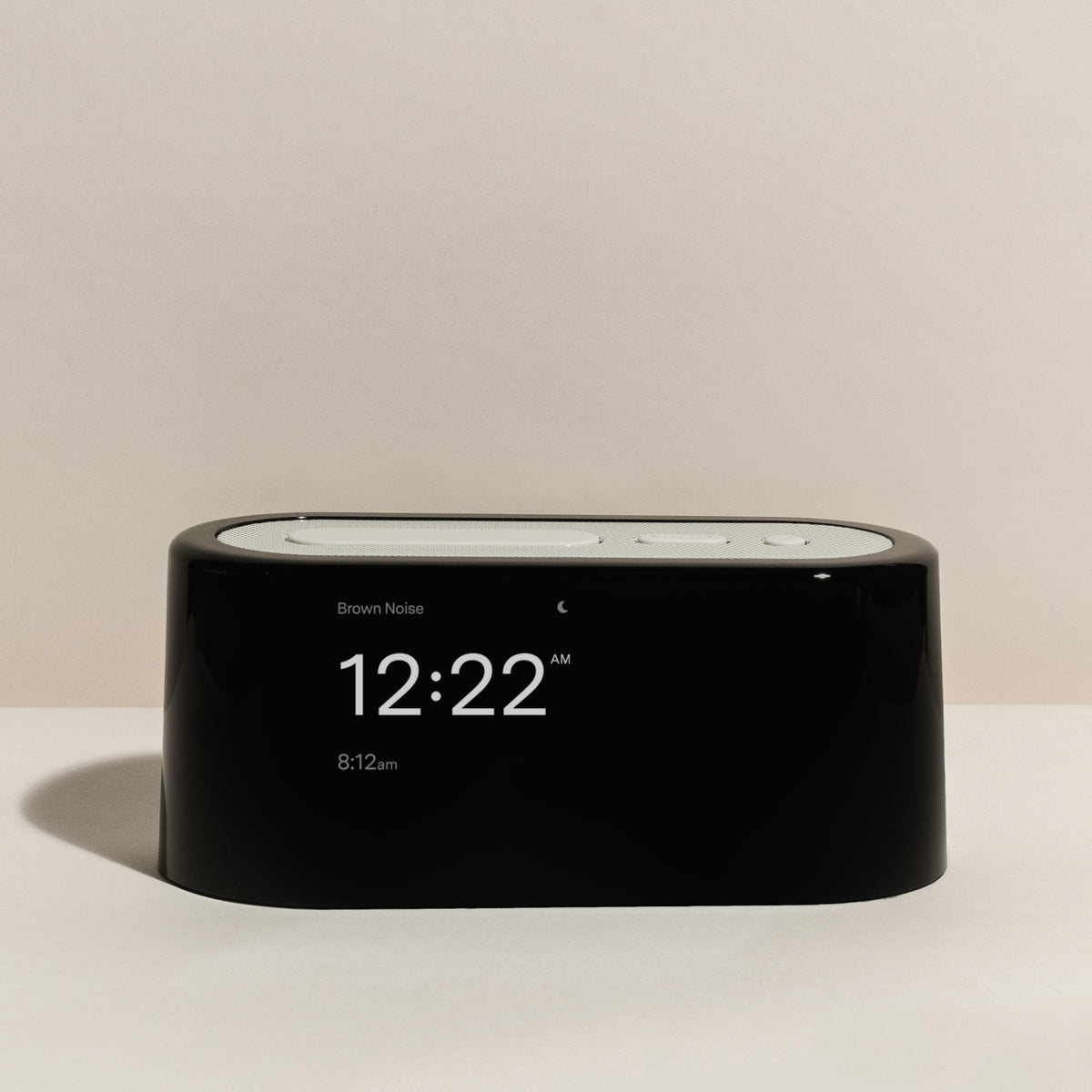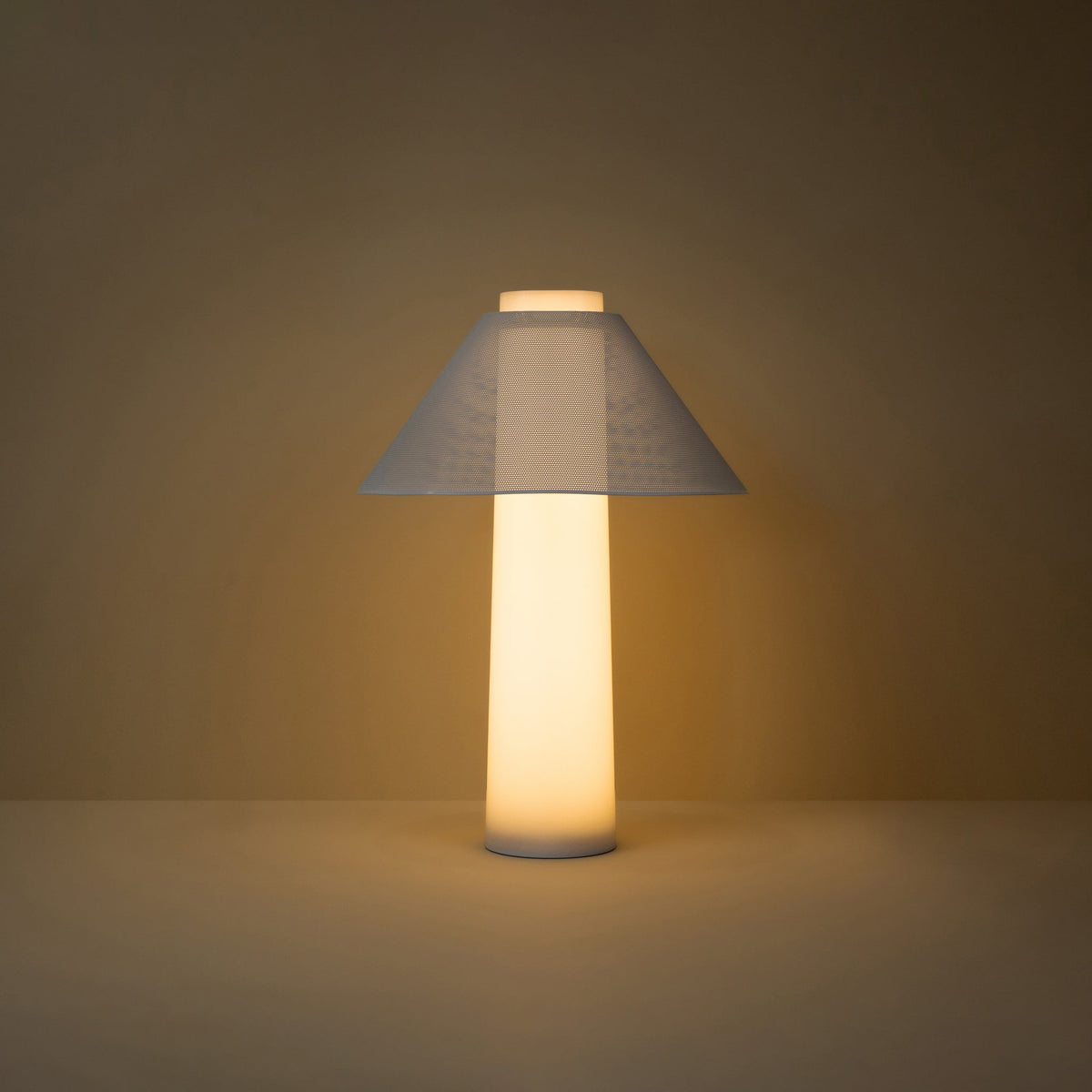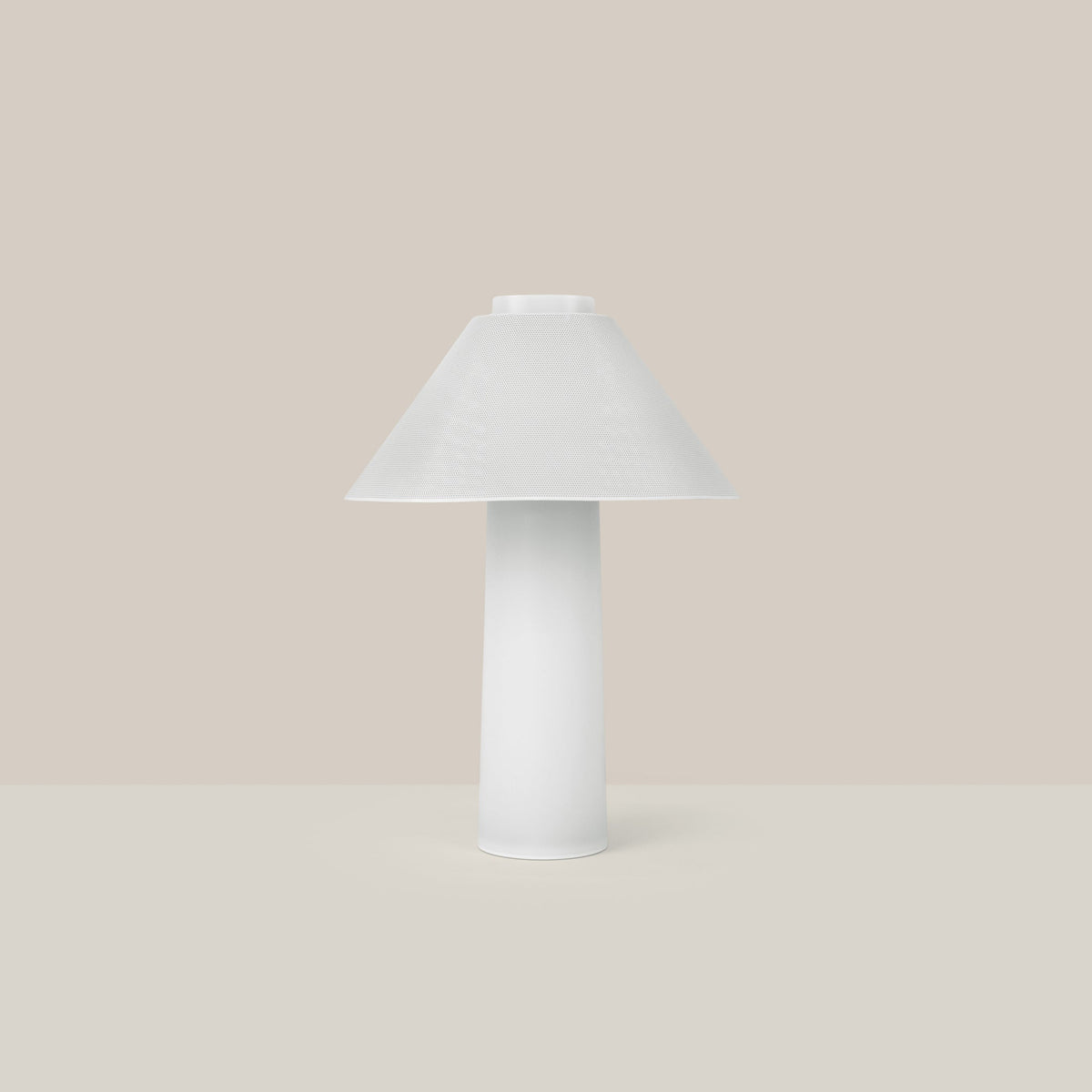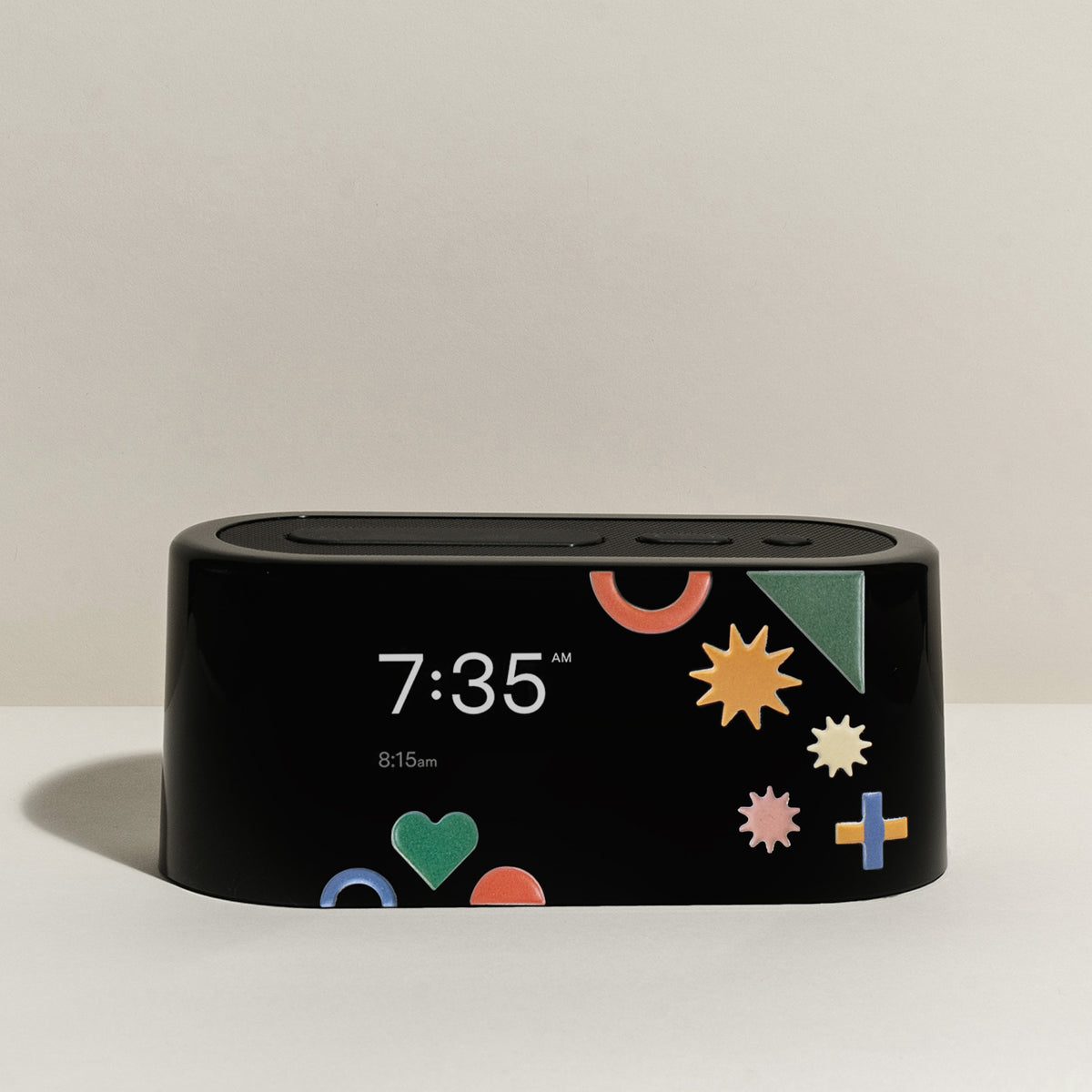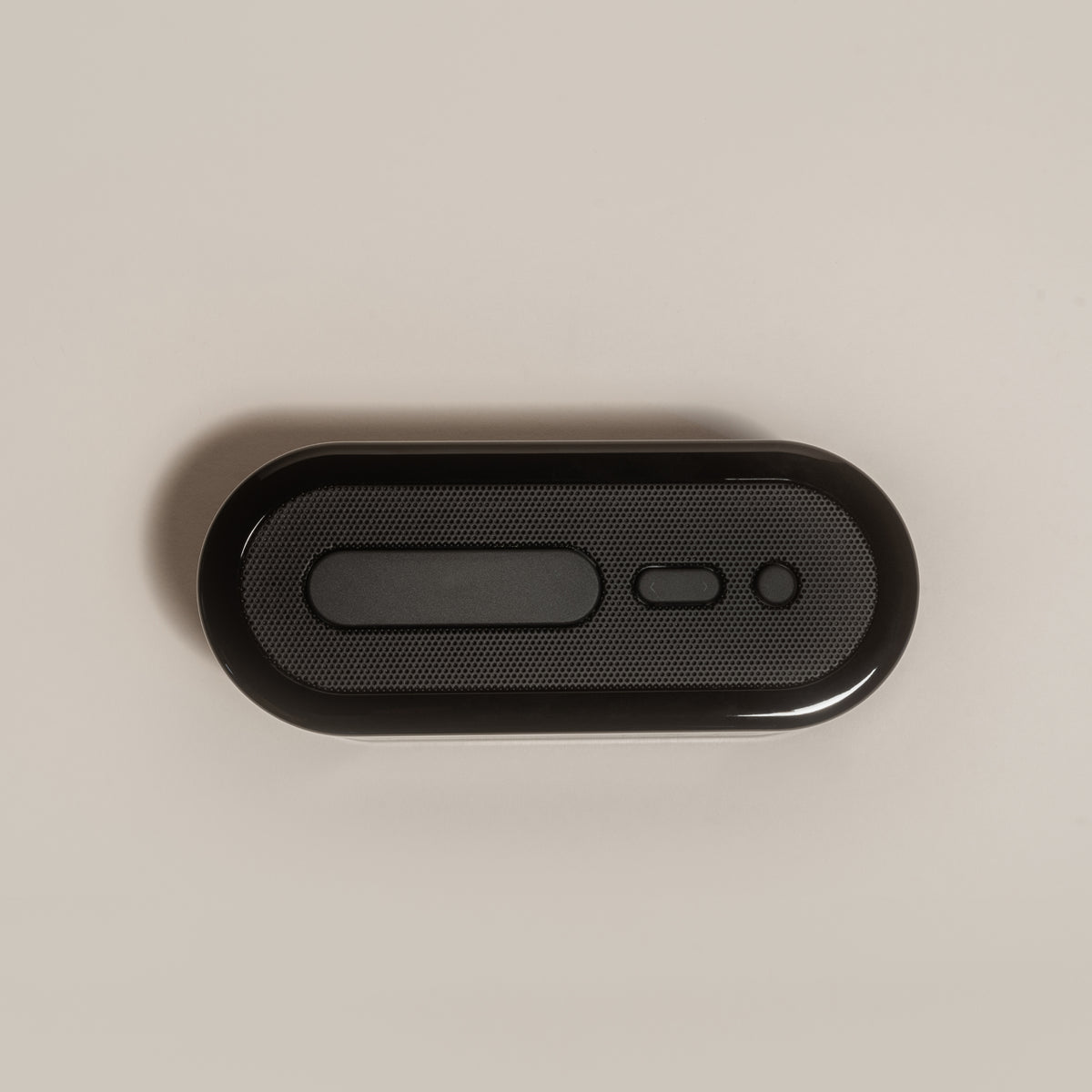Lazy beach days, pool parties, and sticky, sleepless nights all mark the beginning of summer. Guess which one we’d rather do without? Hint: it’s the one that has you throwing sheets and pillows on the floor and messing around with the fan or air conditioner at 2am.
Summer sleeping can be tricky. If you’re already someone that gets hot while sleeping, the summer months can be a real nightmare. While there are a ton of cooling products on the market, we’ve done the research and talked to the experts who know the secret ways to stay cool in bed without costing you a small fortune. These tips will regulate your sleep pattern so you can truly love the endless summer nights…and have them love you right back.
Check In With Your Body
While it may feel like an inferno outside, the key to regulating your body temperature is within you. The more you know about your health, the better you will rest. Getting high quality sleep revolves around these five key components: sleep environment, nutrition, mindset, hormones, and stress.
Sleep Environment. Your sleep environment includes your light and noise levels, temperature and comfort. When these things are optimized, you’re more likely to have a better night’s sleep.
Nutrition. What you eat and how well you sleep are very closely linked, so if you’re a troubled sleeper, there may be a deeper issue. To learn more about underlying stressors that affect our body’s ability to rest, read our Q&A with sleep coach and functional diagnostic nutrition practitioner Kelly Murray.
Mindset. The Center for Disease Control and Prevention reports that 28-44% of adults get less than seven hours of sleep per night and 33% of these people are losing sleep due to stress, according to the American Psychological Association. Reducing your stress levels and cultivating a mindful practice can increase the quality and duration of your rest.
Hormones. There are five major hormones that can impact your sleep quality when they are not stabilized: melatonin, progesterone, estrogen, testosterone and cortisol. It’s common for these hormone levels to be thrown off balance from stress, poor eating habits and exposure to artificial light at night (ALAN). Visiting your primary care doctor to get a blood test will help determine whether you need a treatment plan to regulate your hormone levels.
Stress. There is healthy stress (“eustress”) and the unhealthy kind that, well, keeps you up at night. When you are overwhelmed and have limited or no tools to manage anxiety, the health of your sleep will deteriorate, which causes even more stress.
While adding a fan to your room, investing in blackout curtains or sleeping on a fancy new mattress can improve the quality of your summer sleep, no one product (or a combination of) will cure your temperature-ridden nighttime issues until you address these health issues for the long-term. Not only will your sleep improve, but so will your overall well being.
Breezy Ways To Stay Cool While Sleeping in Summer
Develop a Yoga Practice
Sleeping through the summer heat isn’t easy for everyone. If you want a little relief that doesn’t involve moving into your refrigerator, Meera Watts, founder of Siddhi Yoga, recommends a yogic practice called Shitali pranayama, (also known as Cooling Breath) because it gives your body a cooling effect instantly. Not only will it reduce your stress and put you in a zen-like state, you can do it from the comfort of your home and wear your pjs.
For this specific practice, Meera says start by sitting in a comfortable position with your back straight and keeping your hands on your knees. If you can, stick out your tongue and roll the lateral edges upward, forming a U shape. Inhale through your tongue in this tube position and exhale with your nostrils. To feel the cooling sensation, repeat it 5-8 times which will take no more than a few minutes.
Establish an Evening Routine
Winding down before bed sends a signal to our brains to slow down and rest. Whether you’re struggling with sleeping through summer nights or any other time of the year, Dr. Mahmud Kara, founder of KaraMD, suggests turning your screens off one hour before bed (this includes TV, smartphone, tablet, etc.), dimming your bedroom lights and playing soft music. We highly recommend Loftie’s customizable soundscapes or meditations.
Additionally, he encourages stretching before bed to help calm down the brain and body to promote restful sleep patterns.
Take a Hot Bath
Almost every product designed to lower your body temperature at night is cooling. We know it’s counterintuitive, but before you turn the lever to blue, did you know that taking a hot bath or shower before bed can actually cool you down?
Exposing your body to hot water actually adjusts your body’s core temperature, which will help signal to the body that it’s time for bed. Research shows that doing this 90 minutes before bed can help you fall asleep up to 10 minutes faster.


